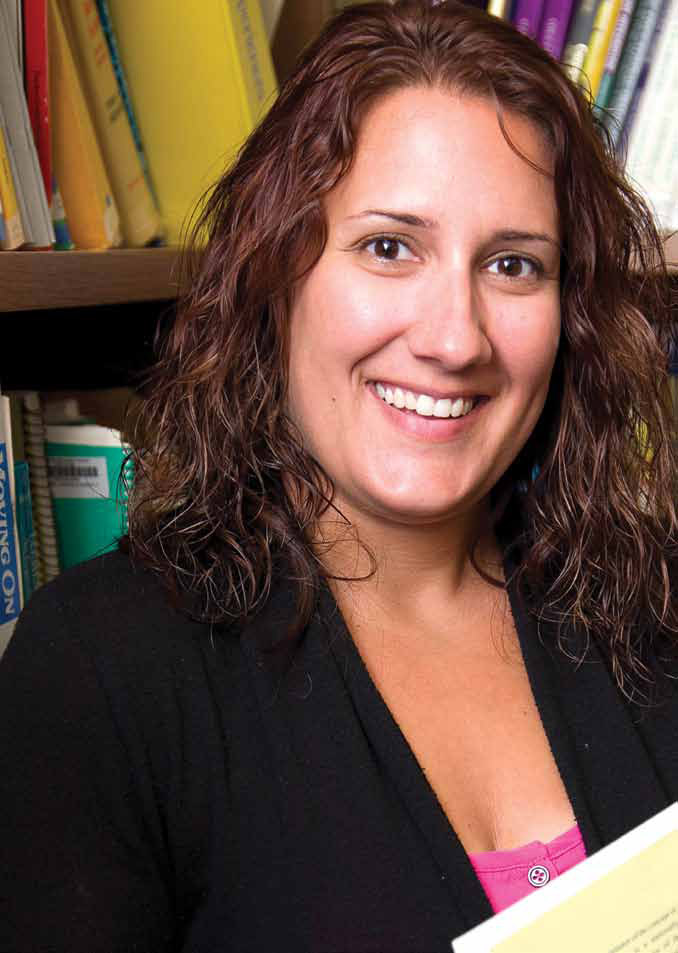Posted on mars 27, 2018 by Kiara McLean
Nusdeh Yoh Elementary upholds the belief that all Indigenous students are entitled to quality, holistic education that validates Indigenous cultures, histories, values and languages.

Nusdeh Yoh Elementary (SD57) is the Aboriginal Choice Program school located in Prince George. Nusdeh Yoh upholds the belief that all Indigenous students are entitled to quality, holistic education that validates Indigenous cultures, histories, values and languages. Principal Pam Spooner centralizes the importance of culturally appropriate educational services including language revitalization, land-based lesson plans, and socio-emotional development activities in her summary of the programs and initiatives based at Nusdeh Yoh.
https://www.sd57.bc.ca/school/nyoh/About/Message/Pages/default.aspx#/=
Posted on mars 20, 2018 by Anne Marie Jackson
Angela Grandjambe describes some of the land-based education activities in the Sahtu region of the Northwest Territories.

Angela sits on many different boards. She has sat on the SDEC (Sahtu Divisional Education Council) for many years. Leaders help promote and ensure Traditional Knowledge and Practices are articulated in the school curriculum. Angela’s K’ahsho Got’ine background in positions, as such, help reinforce the Dene peoples values, systems, beliefs and practices.
Posted on by Kiara McLean
Students at UNBC are building community connections to improve the quality of life of Indigenous students through social events and project partnerships.

Campus Cousins is a program available through the First Nations Centre at the University of Northern British Columbia (UNBC) that works to build community connections and increase the quality of life of Indigenous students through social events and project partnerships. Sara-Lynn, Niky, Karista and Aaron (Yahlnaaw) are all UNBC students working in the Campus Cousins program. Their passions in the program lie within community building, Indigenous student retention, peer-support, cultural revitalization and empowerment.
Posted on by Laura Forsythe
Phillip Baker explains the opportunities being provided by this program for Indigenous Education Assistants in Manitoba to gain a degree in the field of education.

CATEP is designed to provide Aboriginal Educational Assistants with the opportunity to complete the requirements of the Integrated BA/BEd, while continuing to work full-time in a partner school division.
From its website: »
About CATEP
ACCESS Education Programs

A joint venture between The University of Winnipeg Faculty of Education, Manitoba Entrepreneurship, Training and Trade and our partner school divisions.
If you share a passion for education and fostering the development of children and teens, the opportunity to take your career one step further is available. You can attain a university degree and become a certified teacher while working in a school as an Educational Assistant through the Community-based Aboriginal Teacher Education Program (CATEP).
It has long been recognized that there is an under-representation of Aboriginal people in the teaching profession. CATEP is designed to provide Aboriginal Educational Assistants with the opportunity to complete the requirements of the Integrated BA/BEd, while continuing to work full-time in a partner school division. »
https://www.uwinnipeg.ca/access-education/catep/index.html
Posted on by Casey Leslie
The Indigenous Language Instructors Program is a teacher education program based out of Lakehead University in Thunder Bay, Ontario.

Casey Leslie speaks with Bryanna Scott (Indigenous Education Program Coordinator) & John O’Meara (Dean of Education) at Lakehead University.
The Indigenous Language Instructors Program is a teacher education program based out of Lakehead University in Thunder Bay, Ontario. It is a language program aimed at training fluent speakers in 1 of 4 Algonquin Languages (Ojibway, Cree, Oji-Cree, Delaware) to teach the languages in classrooms across Ontario.
Posted on by Marion Erickson
Education Assistant, Tania Julian has worked at Nak’albun Elementary for many years.

Tania Julian describes the approach taken by Nak’albun Elementary in primary education. It has been credited by former students as being invaluable in preparing them to continue their education.
Posted on by Anika Guthrie
Mary Oskineegish Education Director with the Nibinamik Immersion program describes the program for JK to Grade 2.

The Nibinamik Immersion program has been running for 13 years in this community for students in JK to Grade 2. Education Director, Mary Oskineegish explains the use of land-based learning and the goals of the program.






















